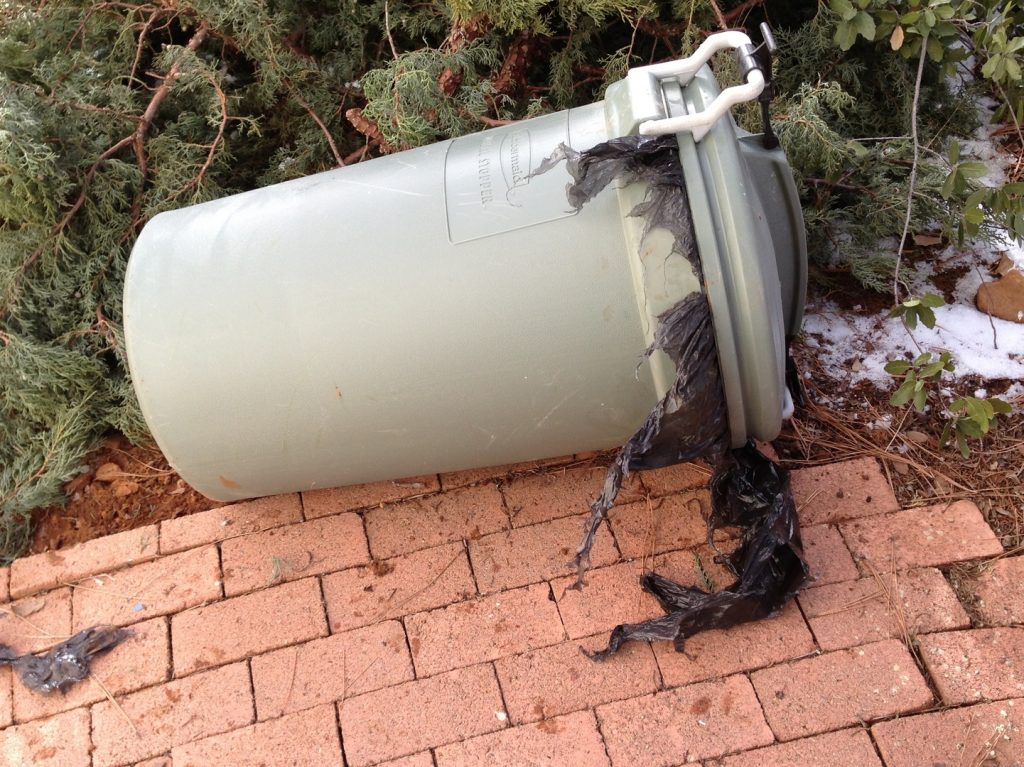4 Things To Know About Homeowners Associations

You may have heard of a Home Owners Association, or HOA, and the degree of affection that came with the mention is definitely debatable. While homeowners associations can definitely seem frustrating to some, they serve an important role in the upkeep and management of properties with shared ownership. homeowners associations are commonly part and parcel with condominium ownership and co-ops, though they can exist in any kind of neighborhood. Here you will find the ultimate guide to the question: What is a homeowners association?
What Does A Homeowners Association Do?
A homeowners association exists for several reasons. Primarily, they manage the upkeep of common areas (including landscaping and repairs), community utilities, and the allocation of funds for each of these areas. They are responsible for overseeing major repairs, and hiring contractors to fix any issues.

Homeowners associations also set out a formal list of rules and bylaws that all residents must adhere to, which is used as a guide on how to resolve complaints, problems, and disputes. These rules also ensure that the units or homes have a uniform and orderly outer appearance, in order to keep the “curb appeal” of each unit as high as possible. Nobody wants to pay top dollar for a unit that’s next to a shabby, noisy one with garbage littered all over the place (or move into that unit itself); and the price one unit is sold for influences the value of all of the others.
What Power Does a homeowners association have?
A homeowners association typically only has a say in communal grounds, and cannot dictate what a homeowner decides to do in their own home unless it affects the building at large, such as removing a connecting wall or rerouting the plumbing. They can also be a source of authority to resolve minor disputes and complaints between residents.
Who’s Involved in a homeowners association?
A homeowners association is made up of a handful of the residents themselves who agree to volunteer as board members. These members are elected among the residents periodically. There are strict rules of etiquette those on the board are expected to follow. Any home owner within the community can run for a position on the board, but if they do they must understand the large responsibility that comes with such a position, and that abandoning it isn’t really an option.
Who Pays For All of This?

You do! The funds that a homeowners association uses for repairs, maintenance, and labor come from a pool of mandatory contributions from each homeowner. These contributions are referred to as homeowners association fees, which homeowners sign a contract agreeing to pay. They are non-negotiable, and homeowners are responsible for them beginning from the first month they live there. If there is expensive or widespread work being done to the property, these fees may be increased. This includes everything from repairing roofing to giving all of the buildings a fresh coat of paint.
Usually, this is not something individual owners have much say in, which is where some of the frustration you may have heard from those living in a homeowners association community comes from. If there is major damage to one or more buildings or units that needs addressing, the homeowners association may conduct an assessment of each homeowner to collect specific funding from them.
So there you have it, the good, the bad, and the ugly of homeowners associations. They can feel like a lot of hassle, and sometimes it’s hard to remember why you’re giving a group of snooty nitpicking people your hard earned cash. But despite this, they are a vital part of managing a shared community, and a good homeowners association will make sure you are able to appreciate their efforts.
